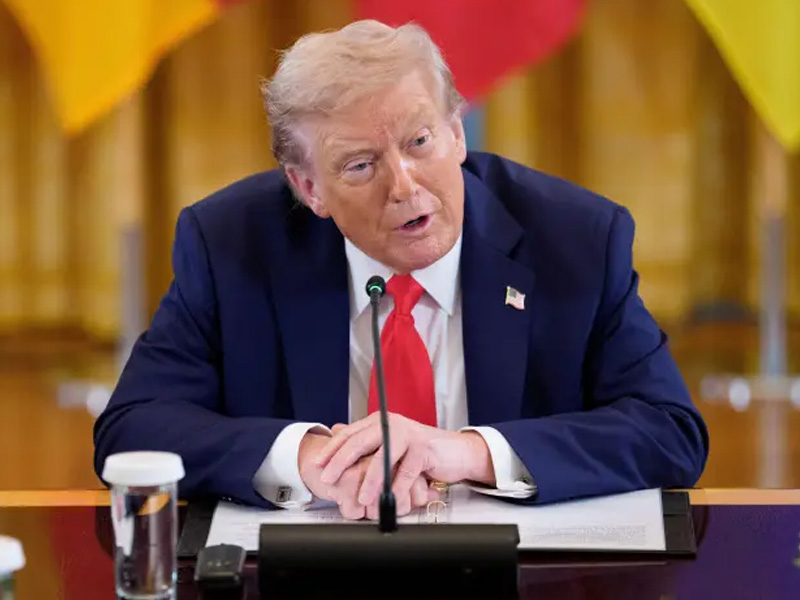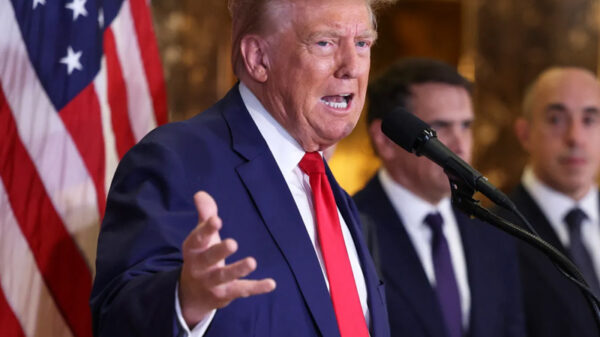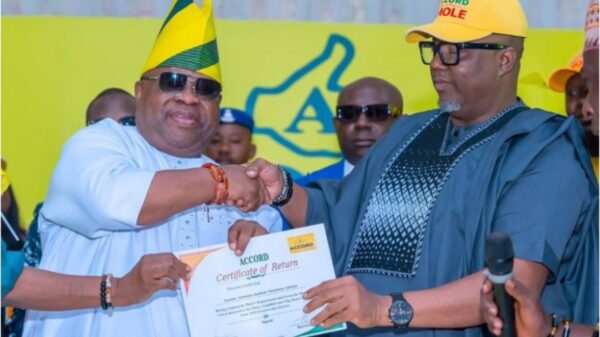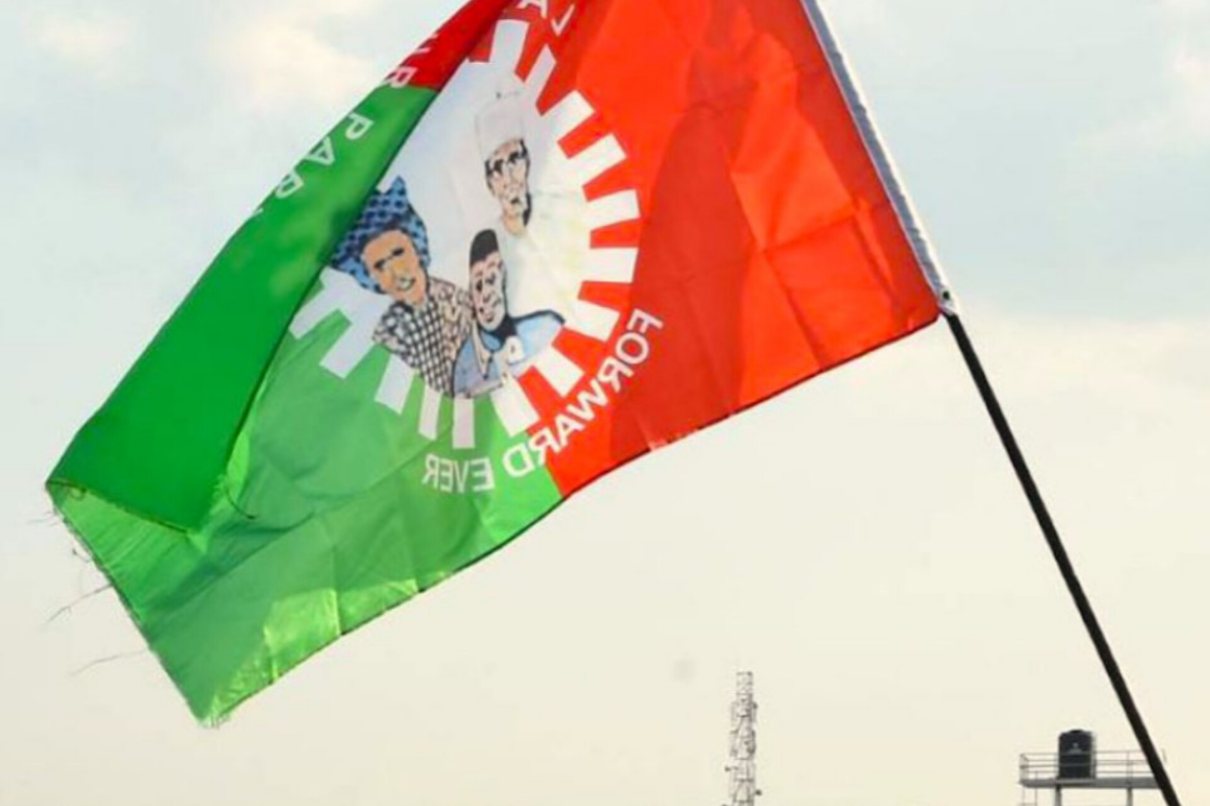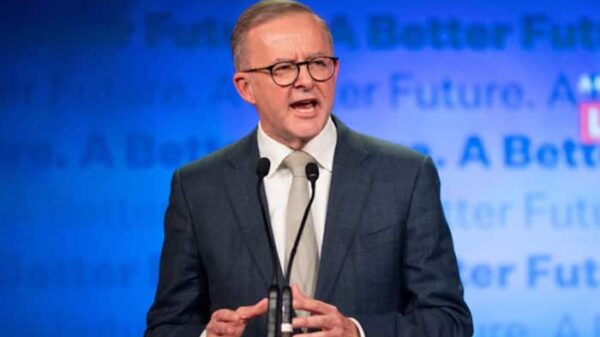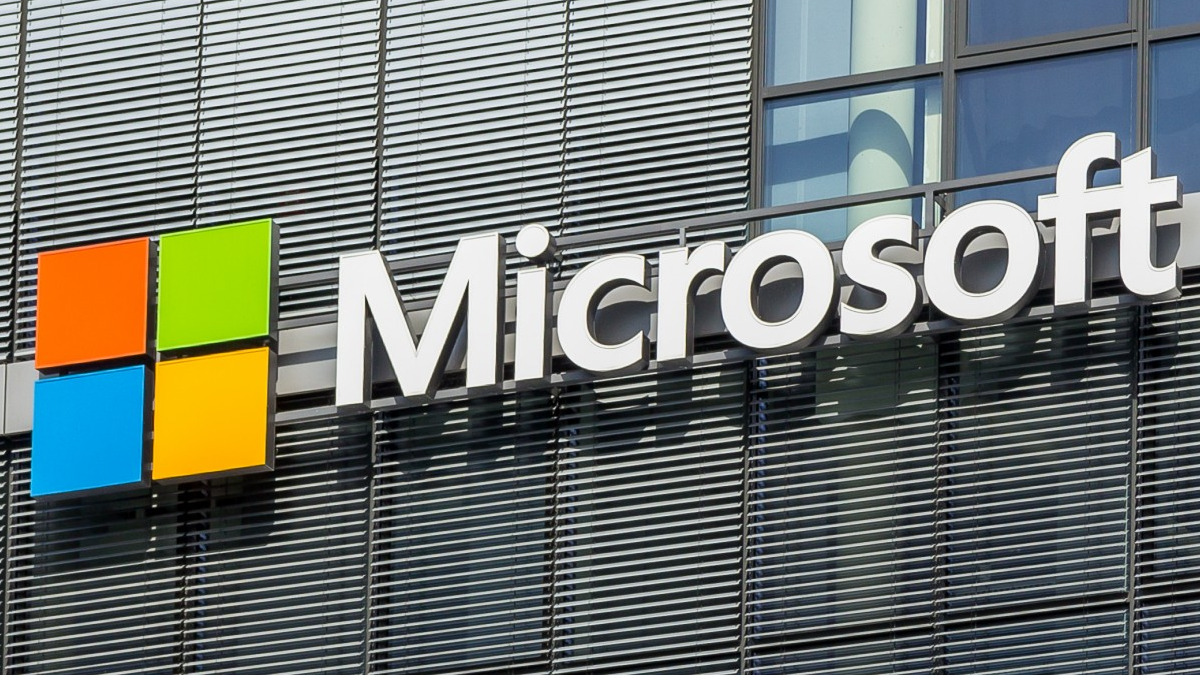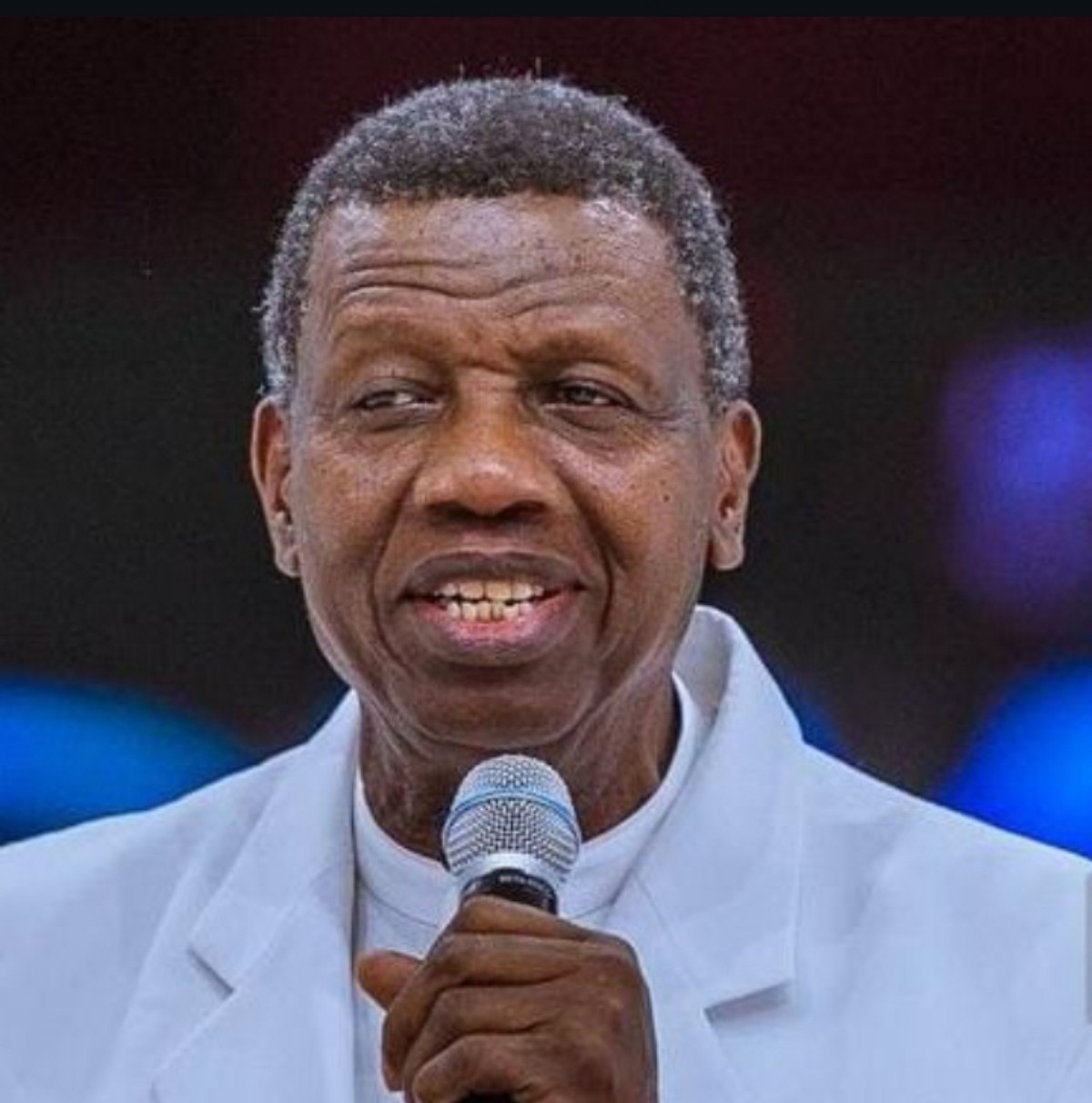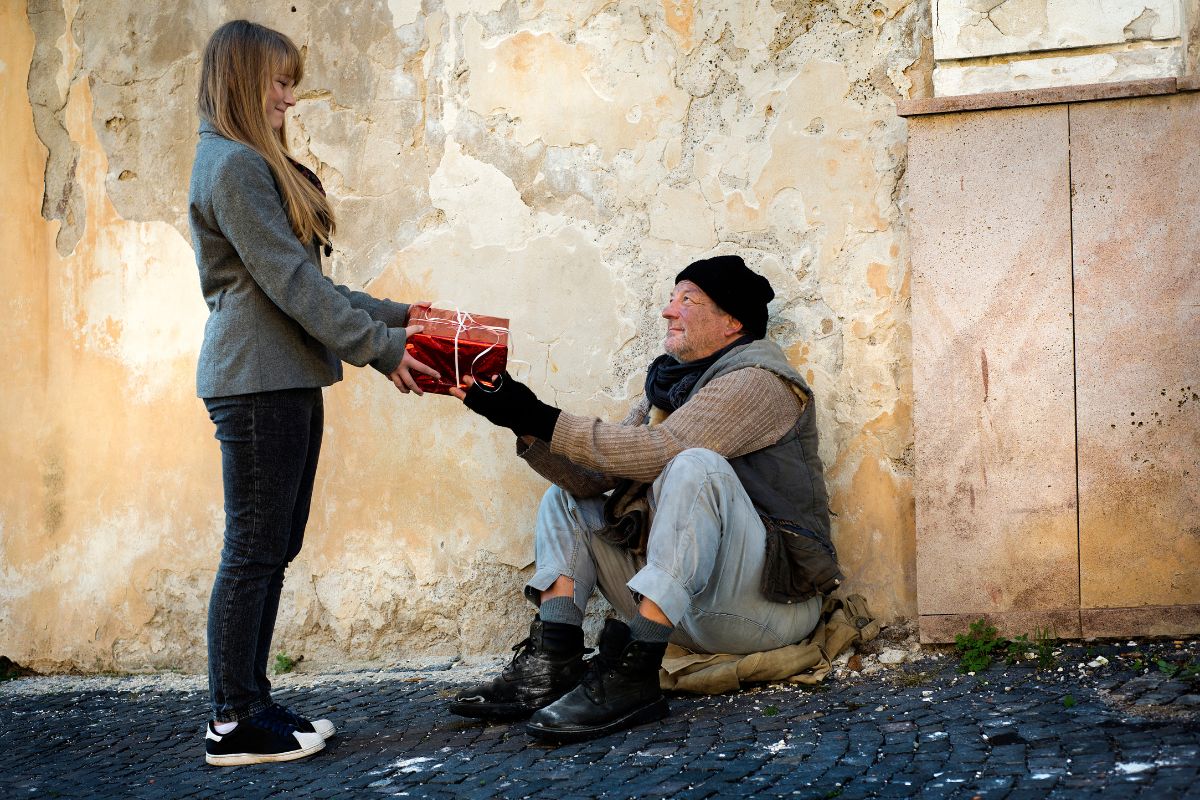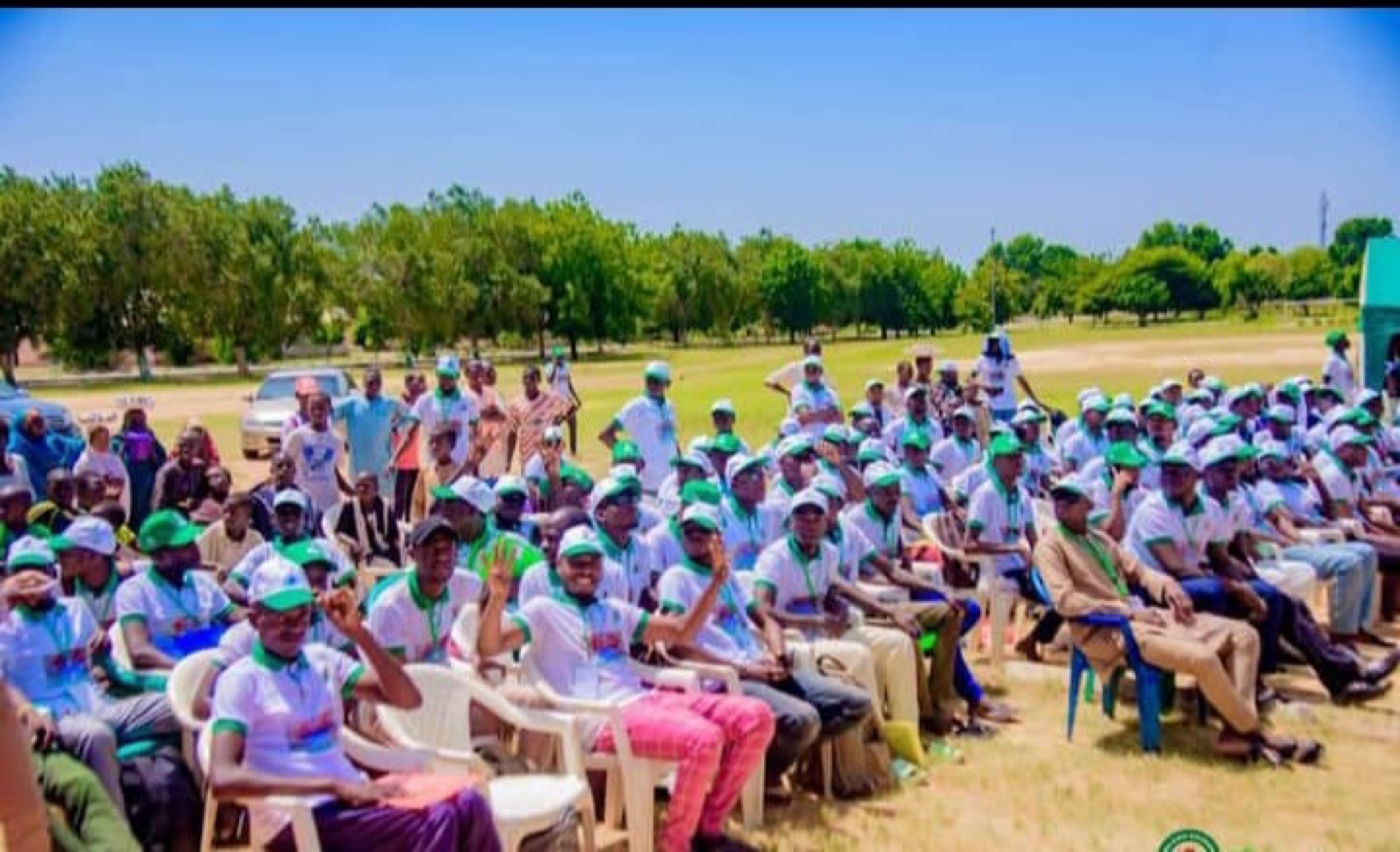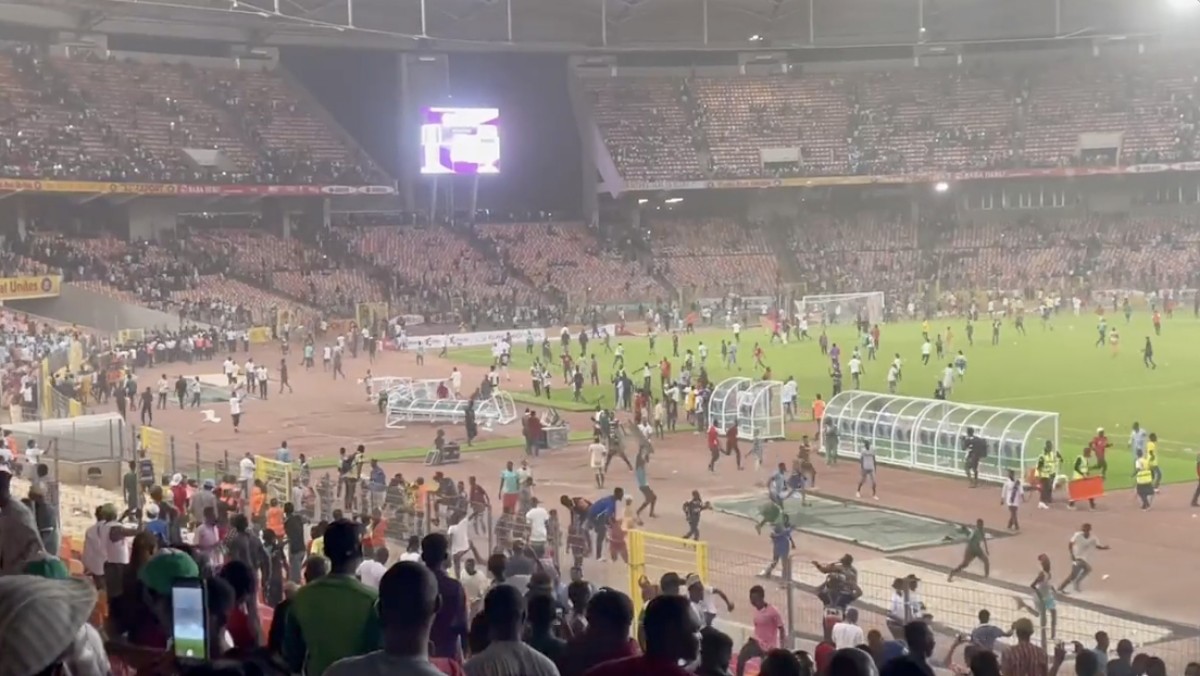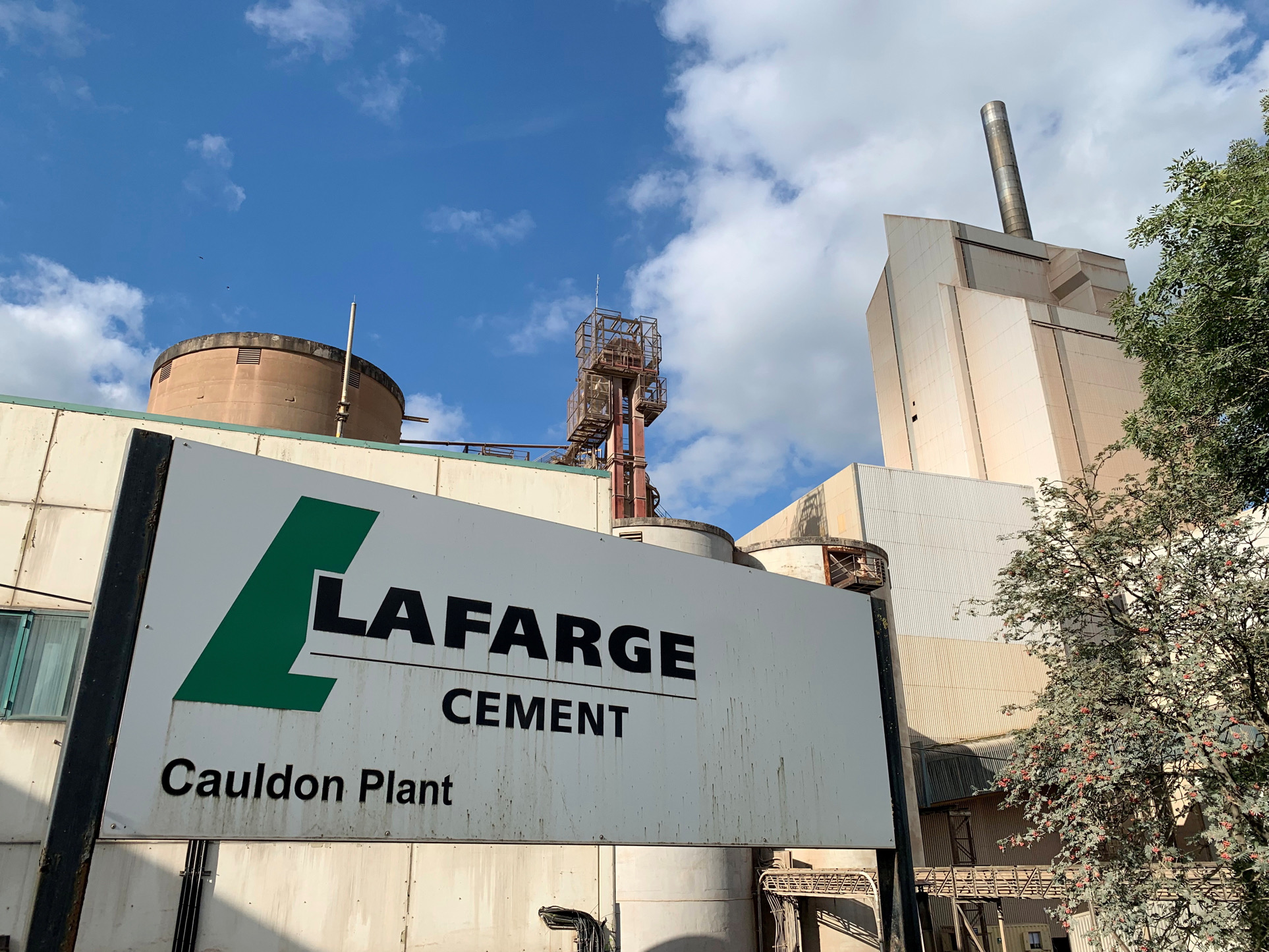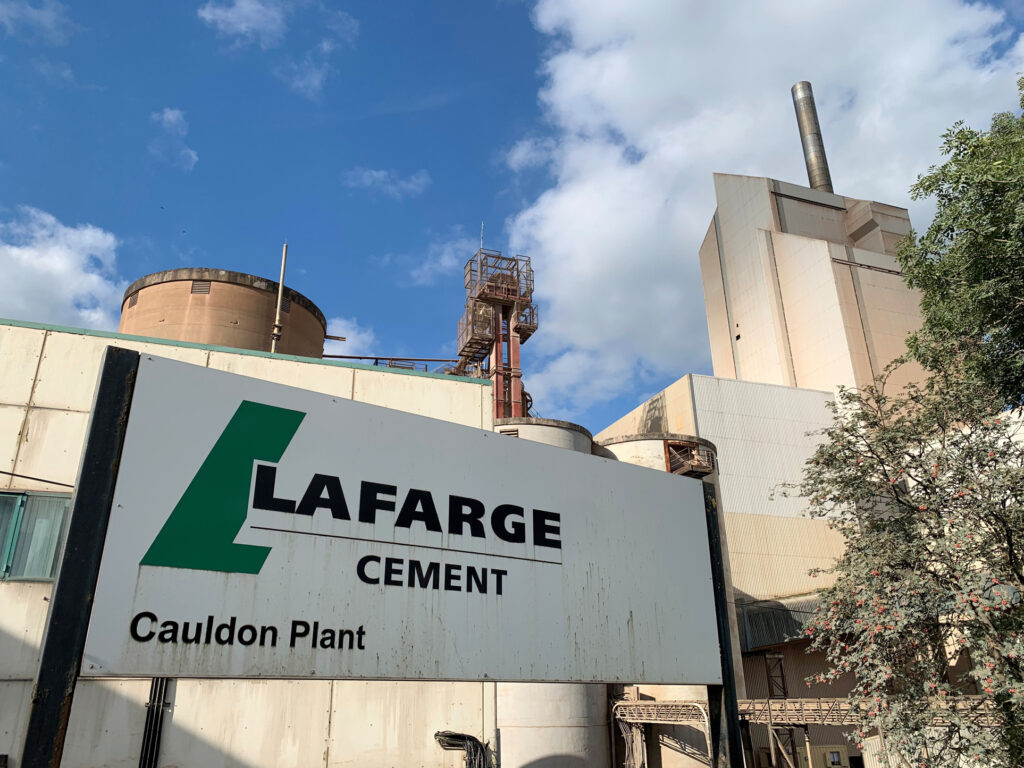
The spotlight is on French construction giant Lafarge as it grapples with serious legal challenges both in the United States and in its home country of France. Recently, Lafarge made headlines by pleading guilty in the U.S. to charges of conspiring to provide material support to groups classified as foreign terrorist organizations. They agreed to a staggering $778 million fine, marking a significant moment as it’s the first time a corporation has been held accountable for such grave allegations on American soil.
But the story doesn’t end there. Over in France, Lafarge—now under the ownership of Swiss conglomerate Holcim—is currently on trial for allegedly channeling millions of dollars to jihadist factions in Syria from 2013 to 2014. Using its subsidiary, Lafarge Cement Syria (LCS), the company is accused of making payments to notorious groups, including the Islamic State (IS) and Jabhat al-Nusra, as a means to keep its northern Syrian plant operational.
The notable defendants in this eye-opening trial include Lafarge itself, former CEO Bruno Lafont, five ex-employees involved in operations and security, and two Syrian intermediaries, one of whom is linked to an international arrest warrant and will likely be absent from the proceedings. The charges they face range from funding terrorism to violating international sanctions, and a conviction could lead to hefty fines reaching up to $1.2 million, with steeper penalties possible for sanction breaches. Holcim has distanced itself from the situation, declaring it had no prior knowledge of Lafarge’s controversial undertakings in Syria.
The origins of this case lie in the tumult of the Syrian civil war, which erupted in March 2011 after President Bashar al-Assad cracked down on anti-government protests. Lafarge completed its substantial $680 million factory in Jalabiya in 2010, only to face challenges as armed groups—most notably IS—gained control of vast territories in Syria and Iraq by 2014, declaring a brutal “caliphate” and enacting horrifying punishments on civilians.
While many multinational companies withdrew from Syria in 2012, Lafarge took a different approach, choosing to leave only its expatriate staff behind while retaining local employees until IS captured the factory in September 2014. Documents allege that during 2013 and 2014, LCS made payments to intermediaries to ensure access to essential raw materials from IS and to facilitate safe passage for trucks and personnel. The adventure took a dramatic turn in 2019 when Kurdish-led Syrian forces, with support from a U.S.-led coalition, finally defeated IS.
The embers of this investigation flared up in 2017, following media scrutiny and two significant legal complaints in 2016: one from the French finance ministry highlighting breaches of sanctions, and another from NGOs along with 11 former LCS staff members accusing the company of terrorism financing. The Paris trial is expected to unfold continuously until mid-December, revealing even more about Lafarge’s alleged misdeeds.
In the U.S., authorities uncovered that Lafarge even sought assistance from IS to sabotage competitors, effectively engaging in what could be deemed a “revenue sharing agreement” with the terrorist group. Lafont, who led Lafarge from 2007 to its merger with Holcim in 2015, has labeled the inquiry as “biased,” a claim that may resonate as the trial progresses.
In the backdrop, another French investigation into Lafarge’s potential complicity in crimes against humanity is ongoing. In a haunting turn, about 430 American Yazidis and Nobel laureate Nadia Murad have launched a civil suit against the company, accusing it of providing support for IS’s heinous attacks on innocent civilians. The unfolding drama raises critical questions about corporate responsibility and the far-reaching consequences of actions taken in times of conflict.


